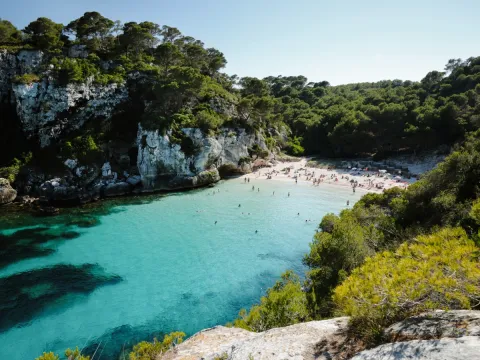Explore when daylight saving starts and ends in NSW for 2024 and 2025, including important key clock changes and tips on how to adjust to the time shift.

Discover the most romantic getaways in Tasmania! From secluded retreats to luxurious escapes, plan your dream trip with InsureandGo for peace of mind.

Heading to Dubai? Learn the drinking rules! Our guide covers legal ages, where to drink, buying alcohol, and staying safe. Plan your trip with confidence!

Planning a trip to Japan from Australia? Find out if you need a visa for your holiday, business trip, or transit. Get essential info & travel tips!

Heading to Bali? Discover essential travel vaccinations Australians need before their trip.

Discover the best things to do in Hobart, Tasmania, for a perfect spring long weekend. From markets and MONA to Port Arthur and wildlife encounters.

Discover Thailand’s hidden beaches. Quiet shores, clear waters, and off-the-path adventures for peaceful, nature-filled escapes.

Discover the best time to visit South Korea, top attractions, food culture, travel tips, and local phrases in this inspiring guide to explore beyond the ordinary.

Discover vibrant cities, stunning beaches, and rich culture. From Gaudí’s Barcelona to flamenco in Seville, Spain awaits!

Discover the best long weekend getaways in Australia, from coastal retreats to nature escapes. Plan your perfect short trip with top destinations and travel tips!
